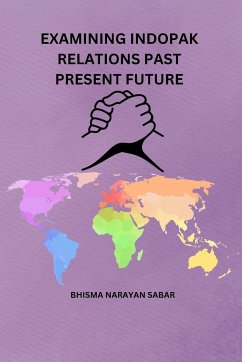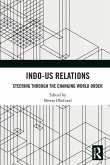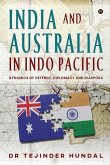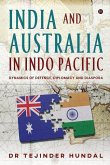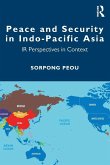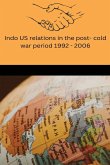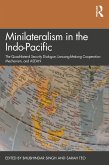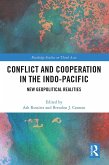Introduction: The relationship between India and Pakistan has been characterized by a complex history, marked by conflicts, political tensions, and occasional attempts at reconciliation. Understanding the past, analyzing the present situation, and contemplating the future of Indo-Pak relations can provide valuable insights into this critical bilateral dynamic.I. Past Relations:1. Partition and Independence: Explore the partition of British India in 1947, which led to the creation of India and Pakistan as separate nations. Discuss the communal violence, mass migration, and the birth of long-standing disputes.2. Wars and Conflicts: Analyze the major armed conflicts between India and Pakistan, such as the Indo-Pak wars of 1947, 1965, 1971, and the Kargil conflict in 1999. Highlight the reasons behind these wars and their impact on bilateral relations.3. Peace Initiatives: Discuss the peace efforts made by both countries, such as the Shimla Agreement of 1972, the Lahore Declaration of 1999, and the Agra Summit of 2001. Evaluate the successes and failures of these initiatives.II. Present Relations:1. Political Dynamics: Examine the current political landscape in India and Pakistan and its influence on bilateral relations. Analyze the role of political leaders, government policies, and public sentiment in shaping the relationship.2. Security Challenges: Investigate the ongoing security challenges faced by both nations, including cross-border terrorism, insurgencies, and the role of non-state actors. Discuss how these factors impact Indo-Pak relations.3. Economic and Trade Relations: Assess the existing economic ties and trade relations between India and Pakistan. Examine the potential for economic cooperation and the impact of trade restrictions and barriers.III. Future Perspectives:1. Conflict Resolution: Explore potential pathways for resolving outstanding disputes, including the Kashmir issue. Discuss the role of diplomacy, dialogue, and third-party mediation in finding peaceful solutions.2. Track II Diplomacy and People-to-People Contacts: Analyze the significance of track II diplomacy, involving non-governmental organizations, think tanks, and civil society, in fostering dialogue and building trust between the two nations. Discuss the importance of people-to-people contacts, cultural exchanges, and tourism in improving relations.3. Regional Cooperation: Examine the prospects for regional cooperation in South Asia and the potential role of regional organizations such as SAARC (South Asian Association for Regional Cooperation) in promoting dialogue and addressing common challenges.Conclusion: Indo-Pak relations have witnessed a tumultuous journey, characterized by periods of conflict, strained diplomacy, and intermittent attempts at peace
